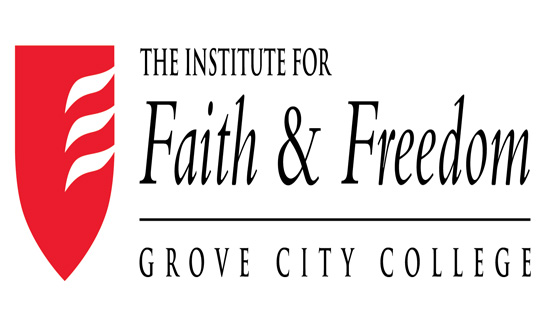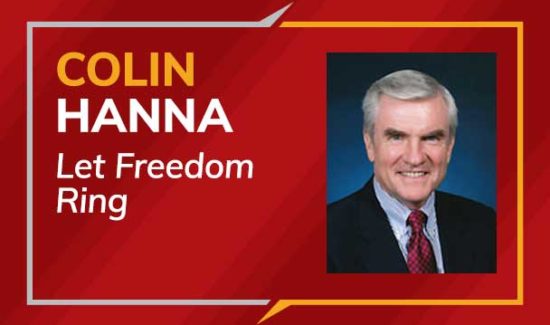Imagine If This Were George W. Bush
Imagine this: The president is George W. Bush.
At his re-election celebration at the national convention, his enthusiastic supporters flood the floor with signs touting his killing of Osama Bin Laden. His vice president makes that and foreign policy the focal point of his pitch for re-electing the president. In the president’s re-election speech, he makes fun of his opponent’s foreign-policy experience, while boasting about his alleged triumphs in the Middle East, from Egypt and Libya to Afghanistan and Iraq.
Three days later, Israel and Iran heat up. The president, however, has reportedly refused a request to meet with Israeli Prime Minister Ben Netanyahu.
All of this as the eleventh anniversary of September 11, 2001 approaches.
Then, the kicker: the Middle East explodes on September 11. It starts outside the U.S. embassy in Cairo, with scenes looking eerily like a replay outside the U.S. embassy in Tehran 33 years ago under Jimmy Carter. Mere hours later in Libya, a U.S. ambassador is killed, the first since the Carter years. By the end of the 9/11 week, the Middle East is in chaos, with protests against America in over 20 cities, including Iraq, and with Afghanistan suddenly witnessing a surge in violence against U.S. troops, some of whom are killed.
In a remarkable display that makes those anti-Osama signs at the convention look haughty and overconfident, Middle East demonstrators hoist pro-Osama signs and chant "Obama, we are all Osama!"
It gets worse. The American public learns an amazing fact of presidential incompetence: the president didn’t attend a single daily intelligence briefing in the days up to the anniversary of 9/11. That’s right, not one. Worse, he has attended a minority of daily briefings (44% of them) since becoming president, and only about a third in the current year. While skipping intelligence briefings, the president campaigns and meets with TV personalities and celebrities. This from a man whose re-election speech mocked his opponent’s foreign-policy credentials.
But there’s more.
In one of his campaign interviews amid the Middle East chaos, the president states that Egypt is not a U.S. ally, prompting a public correction by no less than Jimmy Carter. Even worse, the president and his administration (including his secretary of state) seem unwilling to call the Middle East attacks premeditated or even terrorism, and want to blame an obscure anti-Mohammed video for the whole sorry thing. On the Sunday talk shows, the president’s U.N. ambassador claims the action in Libya was "not … premeditated." She is immediately repudiated by the Libyan president, who states categorically that there’s "no doubt that this was pre-planned, determined." And CNN and other sources report that U.S. diplomats in Libya had been warned about the rapidly deteriorating situation three days before it occurred. Now we hear that a terrorist released from Gitmo was involved.
The president, bear in mind, did not attend a single daily intelligence briefing during that period.
This is just a short list of what happened over the last month. And still, the president keeps campaigning and talking to celebrities.
Can you imagine how the media would react if the president we’re talking about was George W. Bush? The New York Times would be calling for his head.
Now imagine the president is Barack Obama, and all of this is real—which it is.
Never have I witnessed the media attack a president as it did George W. Bush and protect a president as it has Barack Obama. This is truly extraordinary.
Dr. Paul Kengor is professor of political science at Grove City College. His latest book is The Communist: Frank Marshall Davis, The Untold Story of Barack Obama’s Mentor.





